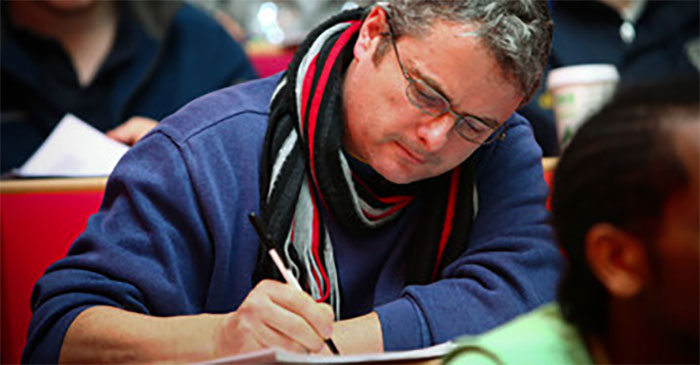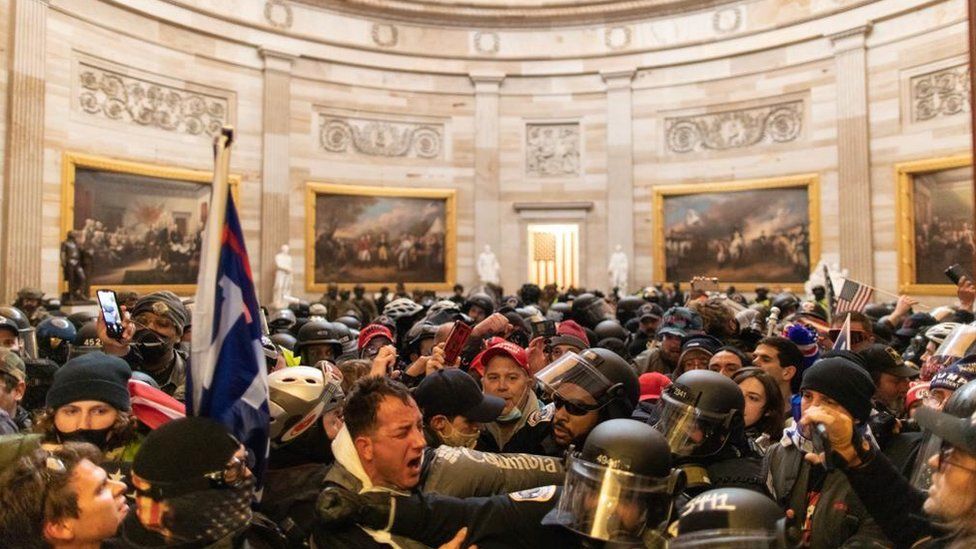Teach them well and let them lead the way.
How education can save liberalism.
Drawing lines between democracy and autocracy may be unimportant.
Democracies are being led by their voters towards becoming just as illiberal.
Democracy was a promise of equality and freedom. In practice, however, a significant number of people in both democratic and authoritarian states feel themselves to be equal and free through a nationalism that degrades others, and ultimately assists autocratic leaders.
One cause? The decline in civic education.
One remedy: reviving civic education?
 |
| He works hard for the franking. |
That recommendation would not be welcomed by governments - like Australia's - already straining under social welfare costs.
Of which almost half goes to the over-65.
Anglophone democracies have clearly elected to socialise aged care while keeping child care privatised. So granny's home help stays in, but civics teachers in junior's state school remains out.
Of course it won't be framed as a resourcing issue. It'll be sold more along the lines of: "freedom of thought" beats "culture war", ignoring the populist rubbish that rushes into the resultant vacuum.
But education doesn't have to be blackboards and mortarboards. Why should kids have all the fun learning about separation of powers, state functions, and the journey from colonialism to liberal democracy?
 |
| "Accio Virginium!" |
After all, under-25s didn't vote for Brexit, Trump, negative gearing, or lead insurrections against fair elections and COVID rules.
 |
| "Hey teacher, leave them kids alone!" |
In short, civics education for adults, not children.
Mandatory, in the same way that primary and secondary education are mandatory? No. I can already hear the cries of 'nanny state'. We must respect adult wishes to avoid learning even as we don't tolerate the same from children.
Perhaps incentives such as making tax concessions or middle-class welfare conditional would suffice. After all, we demand similar mutuality from those who claim unemployment benefits. New forms of conditionality are controversial, but the (false) argument that you have "worked hard and paid taxes" your entire life thus far does not exempt you from additional societal obligations for the rest of it. An element of 'personal responsibility' would reinforce the message that state support into one's later years is a 'privilege not a right'.
We don't need no Thought Control
Civic education need not be woke brainwashing, but can - and should - cover practical topics. For example, knowing workplace laws or how to navigate court actions would help societies and individuals function more smoothly. It is premature and wasteful to teach such skills to those who have not yet attained the age of majority. Which seventeen-year-old needs to know how to file a tax return? While not all adults will leave the classroom as constitutional law experts, the coursework will at least manage expectations. The number of Australian protesters waving Trump placards shows this basic knowledge is sorely needed.
My own ignorance is also evidence. So strong is the assumption that only technical skills are necessary for society to function, that I only learned the fundamentals of the political system in postgraduate law. Had I merely graduated from computing I would have nothing to inform me about how society works apart from my own - often poorly-formed - assumptions.
Far from indoctrinating me with political correctness, my experience with the education system was that it shies away not just from formally teaching values but also from teaching about values. Liberalism has been interpreted to include liberation from learning about liberalism.
Claiming to be a-political is convenient because action - in the form of tuition - is costly. Then again, so are the externalities of inaction: misunderstanding, wrong expectations, and misdirected outrage.
Alles Klaar, Herr Kommissar?
Continuing political education has precedent. Political officers infused in the most basic military units were a cornerstone of Mao Zedong's guerrilla warfare. Known also as 政委 or Political Commissars, they did not originate with Communism but in the French Revolution. The rationale being that soldiers fight better when they know what they fight for.
While portrayed in American thrillers as sinister sycophants who surveil the faithful (and dispatch the doubtful), their role in the modern PLA includes enhancing morale, civilian matters, and public relations, making them more support staff than secret police.
Yes, societies are not militaries, but it is worth asking why generals would consider necessary a function so removed from the core business of killing enemies. Again, political officers were not only frivolous indulgences of grand armies, but also in bare-bones guerrilla outfits that could only engage in hit-and-run skirmishes, like the PLA during the Long March.
Indeed, given their pedigree it is probably worth asking why democracies don't have them, and I think it is because freedom has become equated with the free market. Based on the assumption that if the market did not already provide it then the taxpayer should not pay for it, political officers were downsized before they came into existence.
In fact, many autocratic states do not bother with political education, or much education at all, choosing instead to starve public services - save the arms of state violence - and line elite pockets with public money. This could be an opportunity for liberal democracies to distinguish themselves.
School's out for ever?
Implemented thoughtfully, lifelong civics education need not represent a state demand for obedience. It could instead proceed from the basis of an official commitment to a common frame of reference. One that also calls for individuals to step up and match that effort.
It could be sold as something that only adults get to benefit from, just like low tax retirement accounts or generous pension means testing, so as to avoid being seen as an impost on older folk.
The unconvinced will rebel against what they see as lefty programming or grudgingly treat it as box-ticking. So be it.
At the very least, its presence is a signal that one is never too cool for school.

Comments
Post a Comment